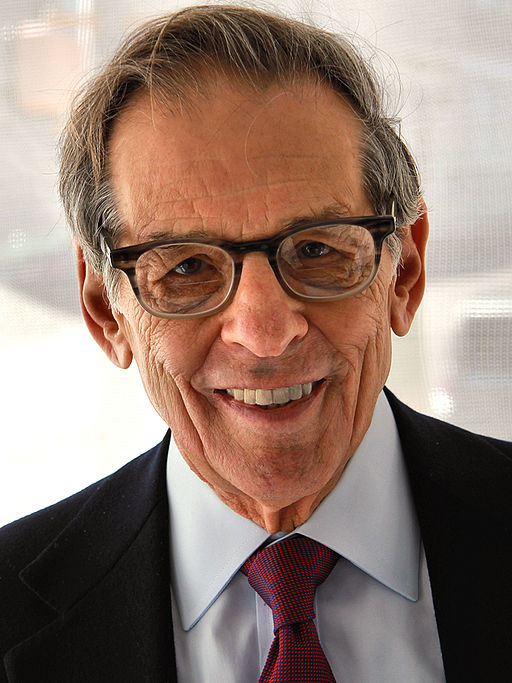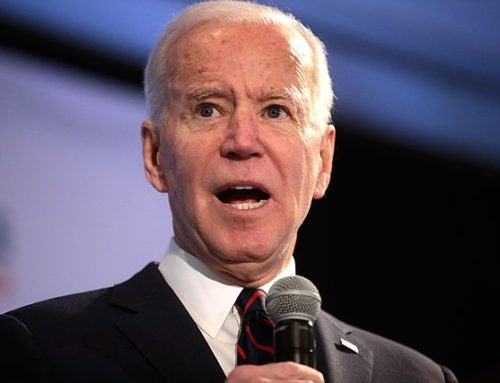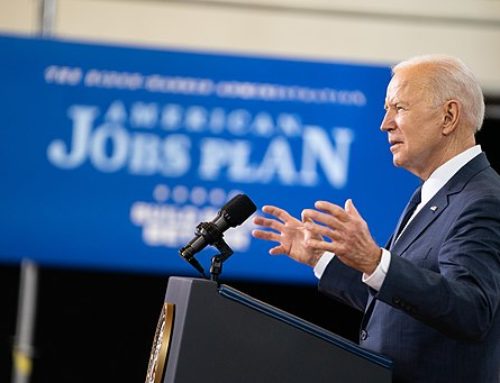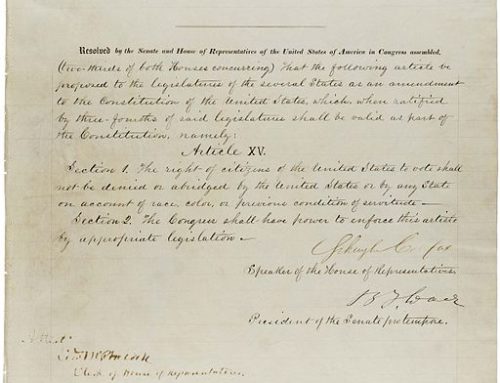Introduction
For all of us, these are challenging times. Each one of us spends our times differently as we try to cope with COVID-19, a pandemic that has devastated our globe. (As of this writing 2 million people globally have contracted the coronavirus.) In my case, I worry that if I contract coronavirus it would be fatal given my lung challenges.
I have spent a lot of time reading (maybe better said rereading) my favorite history books. While they are many great historians, I believe that Robert Caro holds a special place. Caro is a master storyteller who has a particular fascination with dispensing power in a democracy. Many of us believe in Lincoln’s words “that this nation, under God, shall have a new birth of freedom—and that government of the people, by the people, for the people, shall not perish from the earth.” Caro proves through his books on Robert Moses (The Power Broker) and his 4 books on Lyndon Johnson that real power resides with individuals who make decisions that impact our lives without the public’s approval.
Unlike other historians, Caro does not feel it is important to like his subject. Instead, he tries to reveal their multi-faceted personalities. Both Moses and Johnson were brilliant and enjoyed great vision. On the other hand, they were ruthless!
Robert Moses
In his book The Power Broker: Robert Moses and the Fall of New York, Caro proves that an unelected man can assemble more power than any governor or mayor of New York for 44 years. Moreover, from Moses’s perspective, he wanted to redraw New York to fit his perspective. That is, Moses was willing to destroy thousands of lives to build his expressways, Jones Beach and public housing. Caro proved that Moses destroyed farmers in Long Island for the benefit of Robber Barons.
Let me be clear, on one level Moses might have been the greatest builder of all time and changed the landscape of New York City and New York State forever. On another level, Moses blackmailed politicians and ruined neighborhoods to fulfill his personal ambitions.
Lyndon Johnson
Hopefully, Caro will complete his final, fifth book on Johnson. Johnson’s personality was forged by his impoverished youth in the Hill Country of Texas. In brief, Johnson lived in dire poverty because his father made one mistake–he overpaid to repurchase the Johnson farm. Sadly, the land of the Johnson farm was not fertile forcing his father into bankruptcy. Johnson learned a lifelong lesson–never make a mistake! When Johnson was the Senate Majority Leader, he never lost a close vote. He had to win!
Fund Raising October 1940
Caro through relentless digging uncovered a secret that Tommy Corcoran (A major power broker from 1930’s until his death in 1981) thought was impossible. That is, Tommy, the Cork, thought Caro would never find out how Johnson went from being a junior in Congress to a power broker in one month-October 1940. The answer was that Johnson successfully raised money from wealthy Texans to support key senior liberal Congressmen throughout the country. Johnson convinced these very conservative (reactionary) Texans, who hated FDR and the New Deal, that if they could provide the needed funds these “liberal Congressmen” would support Oil depletion allowances.
Stealing the 1948 Senate Election
Caro proved that Johnson stole the Senate election from Coke Stevenson. Caro found proof from Luis Salas who controlled Box 13. Johnson received 200 votes (these votes were in alphabetical order and in the same hand writing) to win the Democratic primary by 87 votes.
Until Caro, many had speculated that Johnson stole the election. Caro proved it!
Power is where Power Goes
Caro showed how Johnson amassed power where it had never existed before. Johnson made the Senate work during the time he was Majority Leader of the Senate. For 100 years before Johnson was Majority Leader and 60 years afterwards, the Senate was not an effective branch of government.
As President, Johnson got legislative success in his war on poverty, Civil Rights, and immigration that might have surpassed FDR.
Johnson’s failure was the Vietnam War that had destroyed much of his reputation.
Originally published in the Sarasota Herald-Tribune




